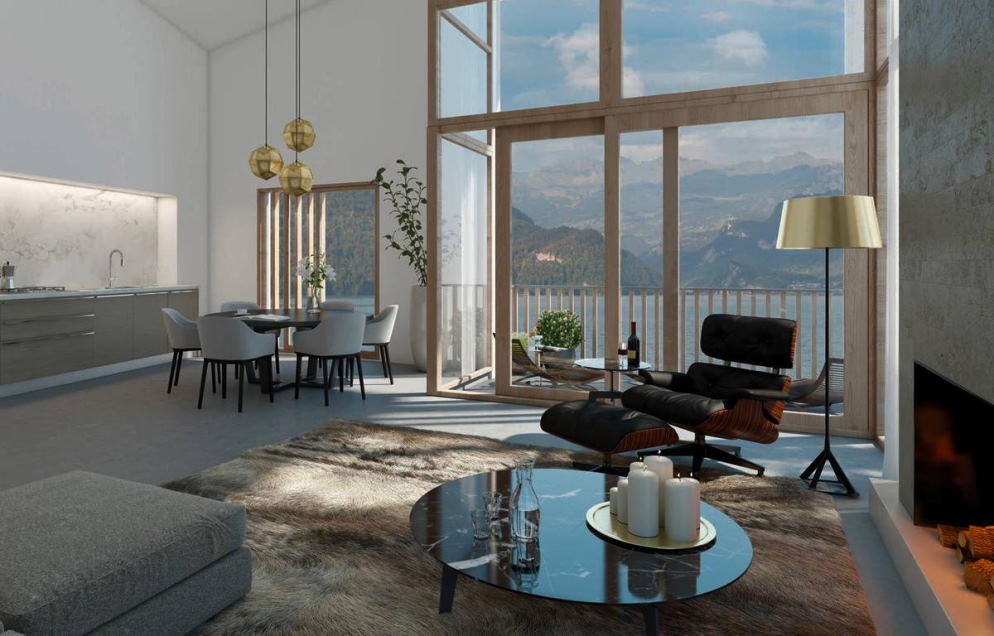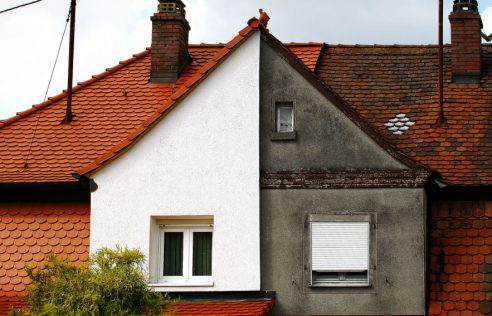For many, the idea of moving to Europe is an exciting prospect – gorgeous sights around every corner, vibrant cultures, and a variety of cuisine. However, a huge part of this potential transition is figuring out the logistics: where will you stay? Renting or buying a house can be intimidating no matter where you are. However, those potentially relocating permanently to Europe have unique pros and cons associated with either option. With all that’s at stake, which should prospective Europeans choose for their housing situation? In this blog post, we’ll review the advantages and disadvantages of renting vs. buying a house in Europe from financial and lifestyle perspectives so readers can make informed decisions regarding their future living arrangements!
Is it better to rent or buy a house in Europe?
The answer to this question largely depends on your situation and needs. For example, renting a European house can be a great option for those looking for flexibility and want to avoid the long-term commitment of buying. On the other hand, purchasing a home in Europe is often more cost-effective and can provide greater security if you plan to stay put for several years.
When deciding whether to rent or buy in Europe, there are several factors you should consider. For starters, consider your financial capabilities—can you afford both the upfront costs associated with buying and monthly expenses? Additionally, take into account the length of time you plan to stay at your current location: if it’s just for a few months, renting might be your best bet; if you’re looking for a long-term home, buying could pay off in the end.

It’s also important to research the real estate market of your desired location before making any decisions. Look into the average prices of both rental and sale properties to get a better idea of what you can expect to pay. When budgeting, consider additional costs such as taxes, insurance, and maintenance fees. Finally, consider whether or not the local laws favor renters or homeowners—for instance, some countries have rent control regulations that make it more advantageous to purchase than rent.
Ultimately, whether it’s better to rent or buy a house in Europe is a personal decision that should be based on your individual needs and preferences. By researching the market, considering your budget, and analyzing local laws, you can decide what’s best for you. With careful planning and research, you can find the perfect home in Europe – whether it’s renting or buying.
A comparison of house-renting practices in Europe and America
In Europe, tenants typically enter into long-term leases that span several years or even decades and are expected to pay the full rent for that period. In America, however, shorter term leases are more common, and tenants generally only have to pay a portion of their rent up front, with the rest divided into monthly payments over the term of the lease.

Another difference between American and European house-renting practices is in terms of tenant rights. In Europe, tenants usually have strong rights when it comes to eviction procedures as well as maintenance responsibilities. For example, landlords must give thirty days’ notice before proceeding with an eviction and take care of any necessary repairs or renovations to keep the property in a habitable condition. In America, however, tenants do not generally have such strong legal protections and may be evicted without prior warning if their rent is late or they breach the terms of the lease.
Finally, when it comes to security deposits, European tenants typically pay a lump sum upfront that covers the entire period of their tenancy. This money is usually refunded at the end of the lease if no damage has been done to the property or its contents. On the other hand, American tenants are used to paying a smaller security deposit up front and then returning it at the end of their lease with any additional payments made as needed due to damages beyond normal wear-and-tear.
Overall, while there are some similarities between house-renting practices in Europe and America, there are also distinct differences that reflect the cultural norms of each region. Therefore, it is important to understand these differences before entering into a lease agreement in either country.


